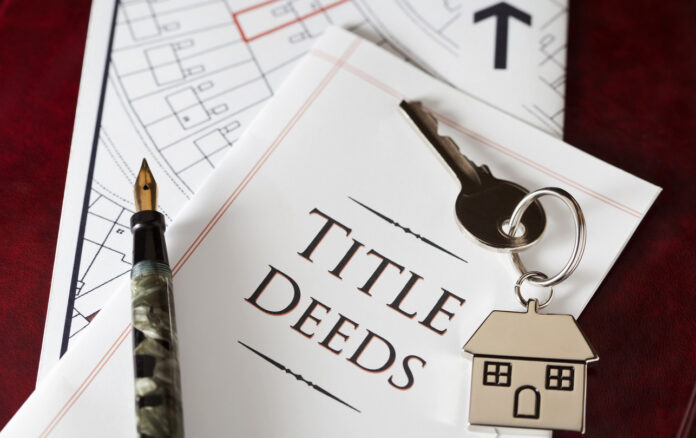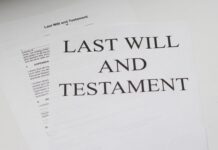
Q: My mother and I have been living in our home attached to my farmland since I was born. My father died when I was a teenager and I have been doing all the farm work since then. The farm is relatively substantial. My mother died recently and I am looking after her affairs. She had a will leaving everything to me. I was horrified to discover that the land is still my father’s name. I know my father had a will. Strangely, it looks like the land was registered to him in the 1920s, but he was born in the 1940s. Can you give me any guidance on this?
A: Situations like this are relatively common. A large number of people were registered as owners of property under the Land Purchase Acts in the 1920s. It often transpires that land transferred to such a person is then used for a lengthy period of time by their descendants without ever having been formally transferred.
Given that the property appears to have been registered some 20 years before your father was born, I would imagine that the registered owner of the property is actually your grandfather, or perhaps a grand uncle of the same name.
In normal circumstances you would have to ascertain whether the registered owners ever made a will, take up a copy of your father’s will etc.
You may well have to trace every descendant of the registered owner. This can be a somewhat complicated process, which depends very much on the size of your family. If your father had a large number of siblings, it is possible that your aunts and uncles, as children of your grandfather, may well have a claim over some of the property. If they have since passed away, their own children (your cousins) may have inherited such share.
You should consult with your solicitor and gather together all relevant information. It would be useful to draw up a detailed family tree, setting out names and address, along with dates of birth and dates of death, if known to you.
You should also ensure that any original will of your mother or father is safely deposited with your solicitor – they can assist you in taking up any required death certificates and the tracing process.
Depending on the circumstances of your case, it may be possible that your solicitor can make an application to court to have the property placed in your name. They may have to extract a formal Grant of Probate in relation to your grandfather, father, and mother.
You should consult with your solicitor as soon as possible as issues such as this can take some time to resolve.










